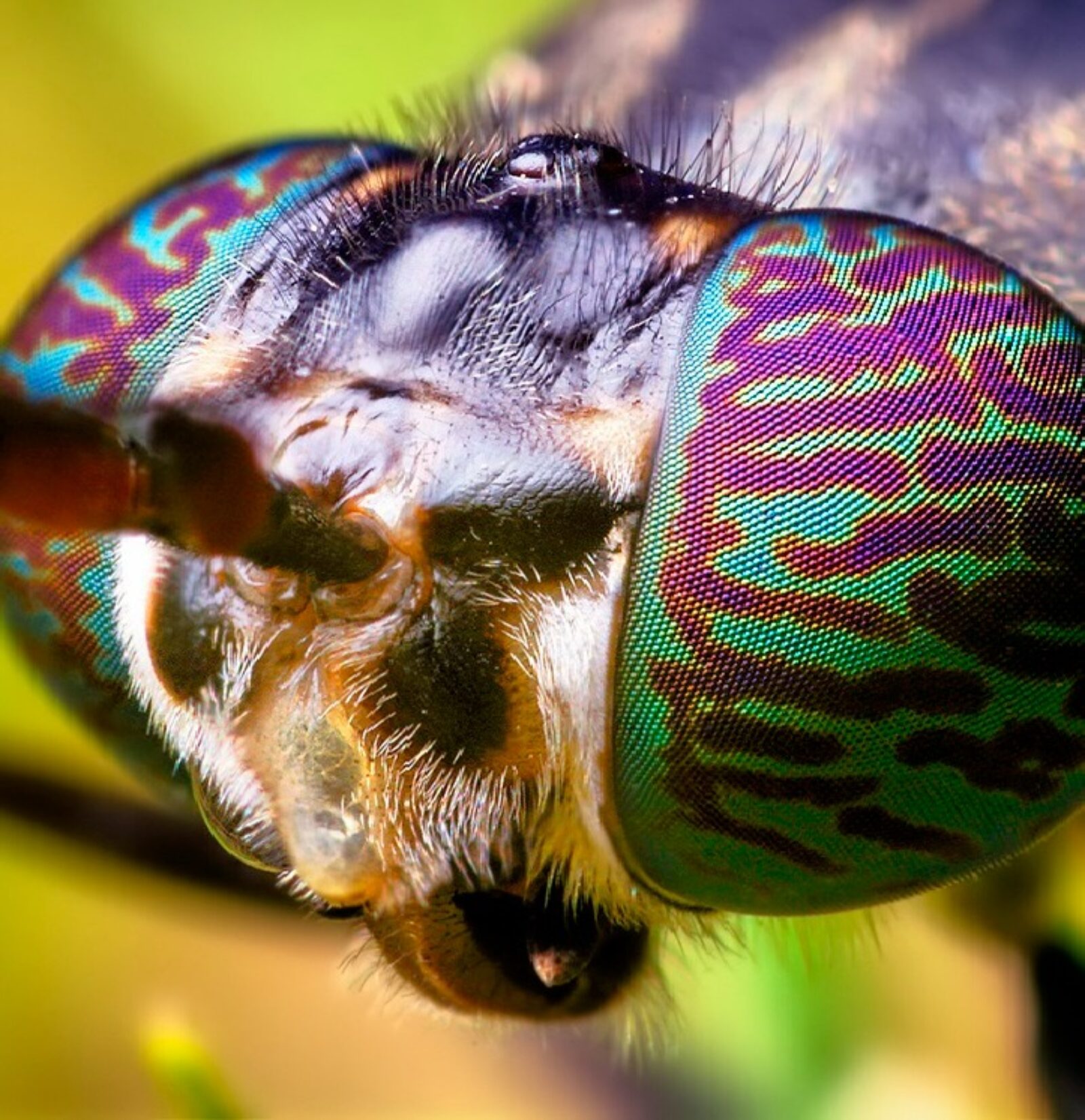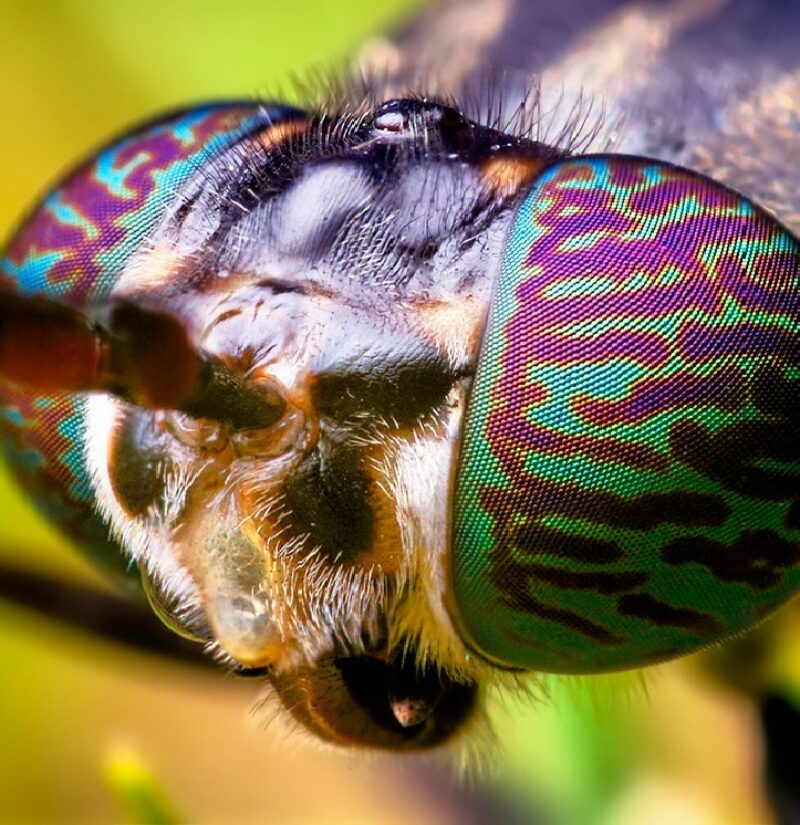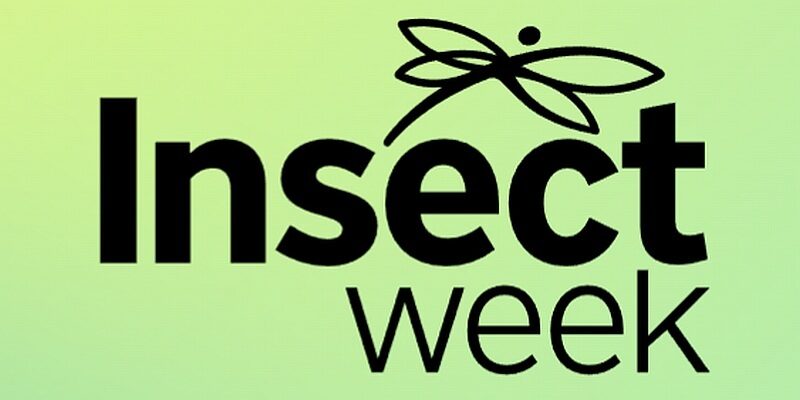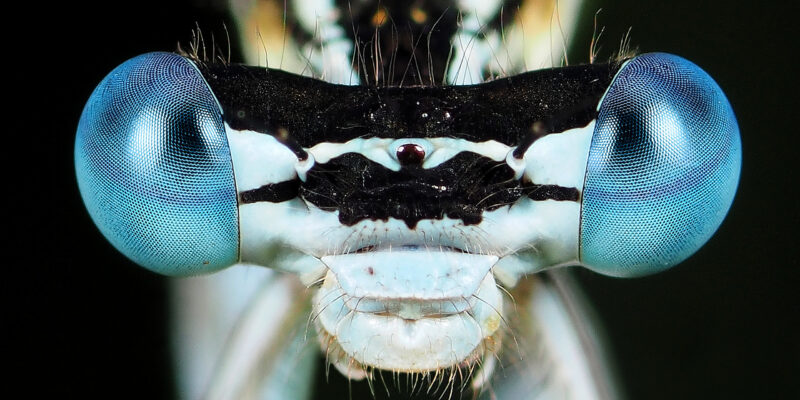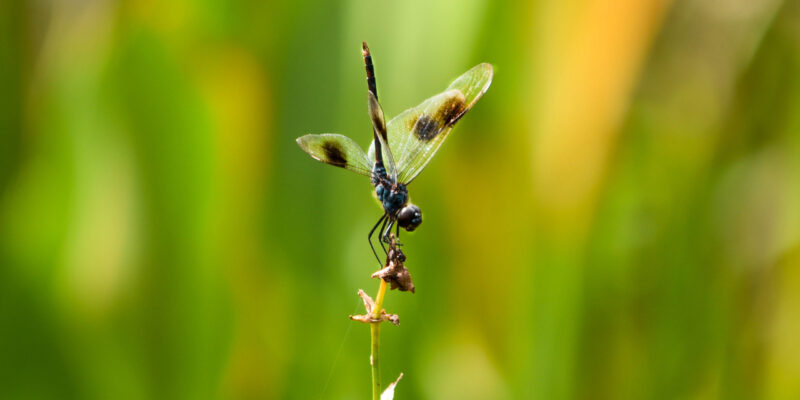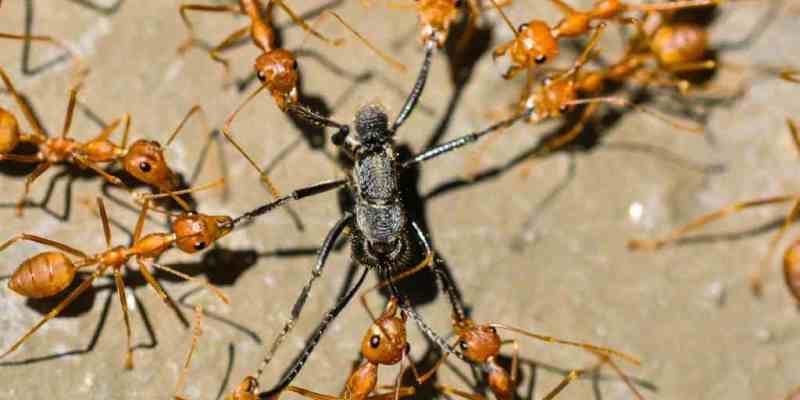What do entomologists think about insect welfare?
As we gain a better understanding of insects’ cognitive capacities, there is increasing interest in insect welfare—that is, what’s good and bad for individual insects. In a study published in Ecological Entomology, researchers Meghan Barrett, Merritt Drewery and Bob Fischer report the views of professional entomologists surveyed about insect welfare in research and education.
Through international workshops and a survey of the wider community, the researchers found that while most entomologists reported no formal training in insect welfare, the majority believed that such training was important (early career scientists especially). Entomologists reported a variety of reasons for caring about insect welfare, including the intrinsic value of the animal, maintaining public trust, managing personal discomfort with experimental practices, improving reproducibility, and minimizing costs (among others).
When asked about different approaches to improve insect welfare, entomologists believed that it would be particularly effective to require reporting about insect care and use practices when publishing research articles. Entomologists also believed training programs and best practices guidelines provided by scientific societies could be effective while simultaneously minimizing burdens to researchers.
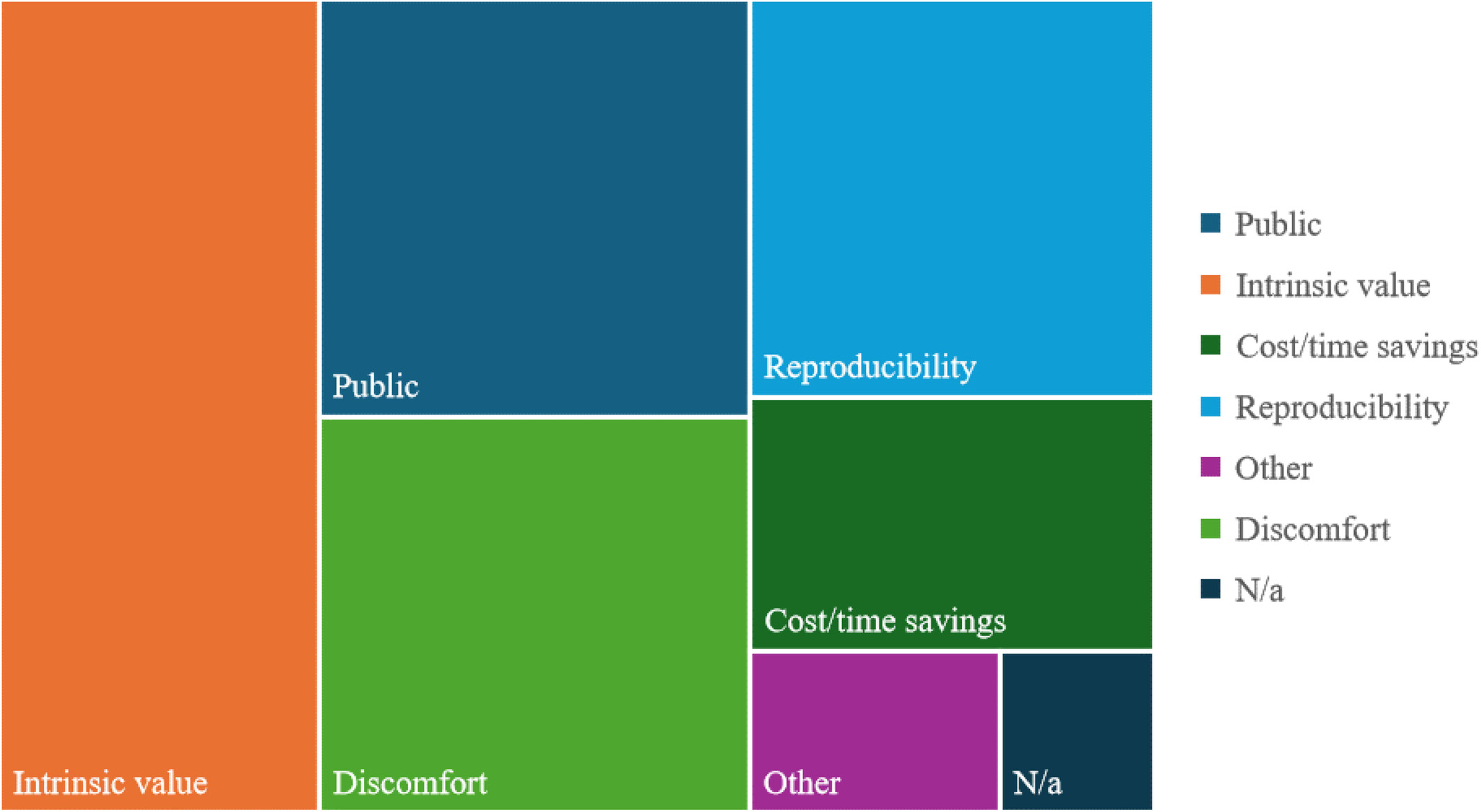
“Our findings suggest there is considerable interest in insect welfare among entomologists, particularly among early-career researchers. There also appear to be many promising strategies that the community can explore to improve insect welfare, improve the reproducibility of results, and increase public trust in science.”
– Meghan Barrett, lead author
This manuscript provides valuable insights into the interest in insect welfare. At RES, we are committed to supporting the entomological community in conducting ethical research by developing practical resources available to its membership. As such we will be conducting a survey to further explore attitudes towards insect welfare, helping to inform the development of such resources.


